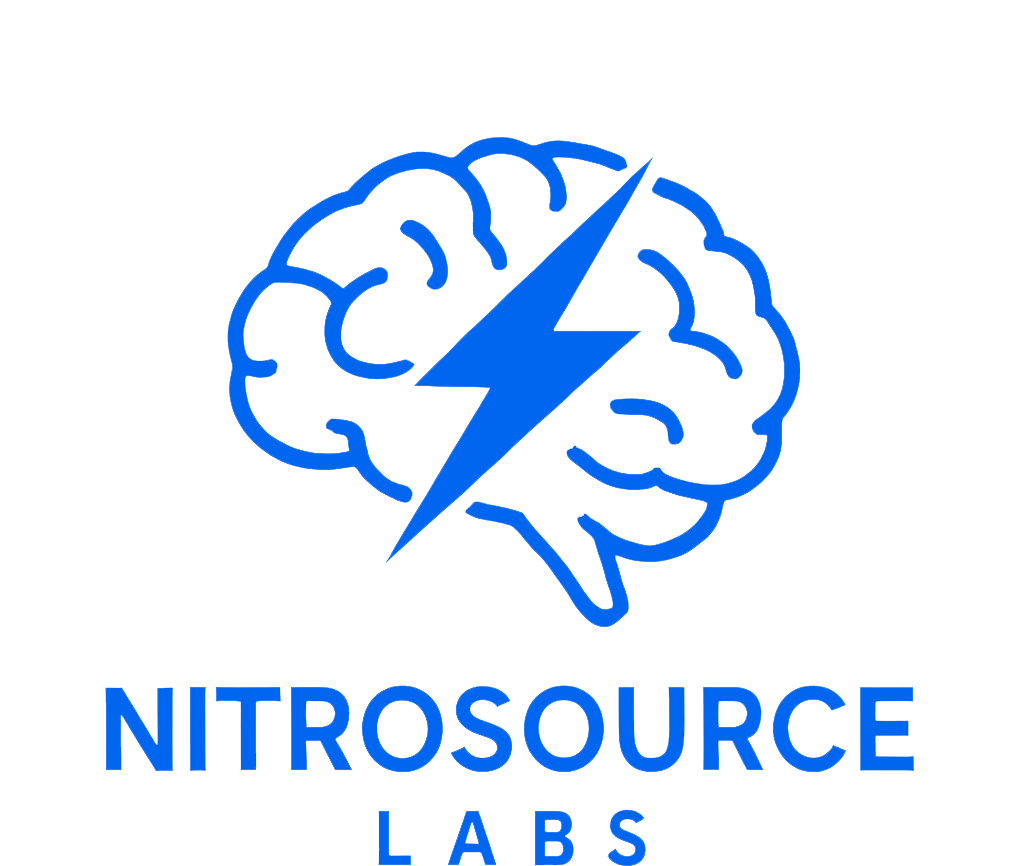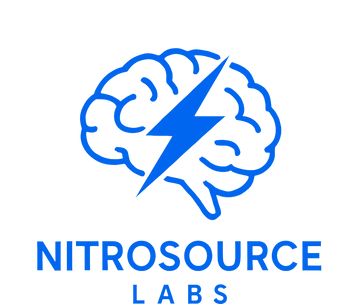Supplements are everywhere but most people don’t actually know how to read a supplement label properly. The truth is that the front of the bottle is marketing. The back of the bottle is where the truth lives.
If you want to choose quality formulas for cognitive performance, memory support, focus, energy and overall brain health, you need to understand what actually matters and what is there just to make a product look impressive.
What Actually Matters on a Supplement Label
1) The Full Ingredient Panel (Not Just the Buzzwords)
The front of a supplement label might highlight one “hero” ingredient, but the efficacy of a product comes from the complete formulation, not a single substance. Always read the entire panel, not the promotional claim on the front.
2) Transparent Dosages — Not “Proprietary Blends”
A major red flag when reading labels is the phrase Proprietary Blend. This allows companies to list ingredients without telling you the dosage of each one. When dosage is hidden, you cannot know if the ingredient is clinically effective or dusted in at a meaningless amount.
This is one of the reasons customers choose PERFORMANCE by NitroSource Labs every ingredient is listed with its actual dosage, not hidden behind a blend.
3) Active Form vs Cheap Form
Quality supplements use bioavailable forms, versions the body can actually absorb and use. For brain support, look at whether compounds are in their researched forms (e.g. standardized extracts, active isomers, stabilized forms) rather than cheap general powders.
4) Standardized Extract Percentages
If a botanical extract matters (like Ginkgo, Bacopa, Ashwagandha, etc.), look for standardization numbers such as “50% bacosides” or “24/6 ginkgo extract”. If there is no percentage, it may be low-potency raw herb with weak or inconsistent effects.
5) Clinical Doses, Not Marketing Doses
Many supplements include the right ingredient but the wrong amount. That means you feel nothing, but the label looks impressive to an untrained eye. Compare the dosage to what research typically uses, not just the fact that it is “included”.
What Doesn't Really Matter — But Gets Used in Marketing
1) Hype Words: “Advanced”, “Extreme”, “Ultra”, “Max”
These do not mean anything. They are psychological triggers, not scientific claims.
2) The Number of Ingredients
More ingredients ≠ better results. A focused, correctly dosed formulation often outperforms a 25-ingredient formula where everything is underdosed.
3) “Clinically Proven” (Without Context)
The phrase “clinically proven” is legally vague. Proven where? At what dose? In what population? With what outcome? Don’t accept unqualified claims.
4) Long Claims on the Front Panel
“Memory | Energy | Focus | Mood | Clarity | Brain Protection | Stress Support | Longevity”
A label can say eleven claims, but the ingredient list may not support even one of them adequately.
Other Critical Sections People Ignore on Labels
Allergen & Filler Section
Look for unnecessary fillers, synthetic dyes, artificial sweeteners, soy, gluten, titanium dioxide, magnesium stearate, etc., if you are trying to consume cleaner products.
Serving Size vs Capsules Per Bottle
Some supplements appear cheap, but require 6 capsules per day meaning the bottle lasts 10–15 days instead of 30.
Manufacturing Quality Statements
Phrases like “GMP Compliant” and “Manufactured in an FDA Registered Facility” matter because they tell you the environment is regulated not that the product itself was approved.
Applying This to Cognitive / Performance Supplements
When evaluating any focus supplement, brain performance formula or nootropic, ask:
-
Are the ingredient dosages transparent?
-
Is there any proprietary blend?
-
Are extracts standardized or generic?
-
Is the amount in line with clinical use or is it underdosed?
-
Is the formula built for daily sustainable clarity or just short-term stimulation?
This level of transparency is why people choose PERFORMANCE by NitroSource Labs the formulation was designed around clear labeling, disclosed dosages and intentional ingredient selection instead of hype or filler.
Final Takeaway
Learning how to read a supplement label protects you from wasting money, but more importantly, it ensures you are giving your brain and body ingredients that are actually effective not just advertised well.
If you want results, judge supplements by their panel, not their promise.





